A healthy gut is the cornerstone of a happy, energetic pup. Just like humans, canine companions rely on a balanced digestive system to support their overall well-being. This article dives into the world of supplements designed to nurture your pet’s microbiome—without the confusing jargon or empty promises.
Brands like Honest Paws set the bar high by prioritizing traceable natural ingredients and rigorous third-party lab testing. Their approach highlights a critical issue: many pet supplements lack transparency, leaving owners guessing about what’s really in the bottle. Trustworthy options stand out by openly sharing certifications and quality guarantees.
The right blend of prebiotics and probiotics creates a thriving environment for good bacteria, which directly impacts digestion and immune function. When these microbes flourish, pets often show improvements in energy levels, coat health, and nutrient absorption. It’s not just about fixing problems—it’s about fostering long-term vitality.
Quality matters. Products backed by science and customer-focused policies, like satisfaction guarantees, reflect a brand’s dedication to safety and results. Whether your furry friend has a sensitive stomach or simply needs a wellness boost, choosing the right supplement starts with understanding what makes it effective—and reliable.
Key Takeaways
- A balanced gut supports a dog’s digestion and overall health.
- Natural, traceable ingredients ensure safety and effectiveness.
- Third-party testing builds trust in product quality.
- Transparency in labeling separates reliable brands from the rest.
- Prebiotics and probiotics work together to maintain microbial balance.
- A strong immune system starts with a healthy digestive tract.
Introduction to Canine Pre & Probiotics
Think of your dog’s digestive tract as a bustling ecosystem. Tiny helpers work around the clock to keep things running smoothly. Here’s where two key players come in—prebiotics and probiotics. They’re like gardeners and seeds working together to cultivate a thriving gut environment.
What Are Prebiotics and Probiotics?
Probiotics are live microorganisms, such as Lactobacillus and Bifidobacterium, that add beneficial bacteria to your pet’s system. These “good bugs” aid digestion and strengthen the immune system. According to PetMD, they’re particularly useful after antibiotic treatments or dietary changes.
Prebiotics act as fertilizer for those microbes. They’re non-digestible fibers that feed probiotic colonies, helping them multiply. This teamwork creates balance—like sunlight and water nurturing a garden.
Key Benefits for Digestion and Health
Regular use of these supplements offers both quick and lasting perks:
| Short-Term | Long-Term |
|---|---|
| Reduced gas | Stronger immunity |
| Softer stools | Better nutrient absorption |
| Less diarrhea | Healthier skin & coat |
Chewy’s veterinary experts note that 70% of a dog’s immune system resides in the gut. A balanced microbiome doesn’t just ease tummy troubles—it builds resilience against allergies and infections. For pets with sensitive stomachs or aging bodies, this synergy can mean a brighter, more active life.
Understanding Gut Health and Its Importance
Your dog’s gut does more than process meals—it’s a control center for their entire body. Research shows 70% of their immune system lives here, acting as a shield against allergies and infections. A balanced gut doesn’t just ease tummy troubles. It sharpens memory, manages stress, and even boosts energy levels.
Digestive Health Benefits
A thriving microbiome helps break down food efficiently. Strains like Lactobacillus produce enzymes that soften stools and reduce gas. Over time, this balance allows pets to absorb nutrients better, leading to glossier coats and steadier energy.
| Gut Function | Outcome |
|---|---|
| Fiber fermentation | Healthy stool consistency |
| Enzyme production | Improved nutrient uptake |
| pH balance | Reduced harmful bacteria |
Immune System and Overall Wellness
When good bacteria dominate, they crowd out pathogens. Studies link this balance to fewer skin allergies and faster recovery from illness. Brands like Honest Paws include vet recommended probiotics such as Bifidobacterium, which support immune cells in the intestinal lining.
Dogs with diverse gut microbes also handle stress better. A 2022 trial found pets with optimized gut microbiome showed 40% less anxiety during thunderstorms. It’s proof that a happy belly means a happier, more resilient companion.
Navigating the Best Pre and Probiotics for Dogs
Choosing the right supplement for your furry friend’s digestive system requires attention to detail. Not all products deliver what they promise, so knowing what to look for makes all the difference.
Factors to Consider in a Supplement
High-quality options prioritize recognizable ingredients like pumpkin fiber or chicory root. These nourish beneficial bacteria without artificial additives. Check labels for strain diversity—look for Lactobacillus or Bifidobacterium—and colony-forming units (CFUs) matching your pet’s needs.
Manufacturing standards matter. Brands such as Honest Paws use facilities that follow strict safety protocols. Their formulas undergo third-party testing, ensuring potency and purity. This transparency builds trust, especially for pets with sensitive systems.
Certifications and Ingredient Transparency
Reliable companies openly share lab results and certifications. For example, NSF International or USDA Organic seals indicate rigorous quality checks. Honest Paws highlights their traceable sourcing, avoiding synthetic fillers that disrupt a balanced gut.
Real-world feedback matters. Reviews often reveal how well a product works for issues like loose stools or low energy. Pair this with veterinary guidance to match supplements to your dog’s unique needs.
Ultimately, prioritizing clarity in labeling and science-backed formulas helps maintain a thriving dog gut environment. When good bacteria flourish, pets reap rewards from nose to tail.
How Pre & Probiotics Work Together
Imagine your pet’s digestive system as a well-coordinated team. Each player has a specific role, working in harmony to keep their overall health on track. This partnership between prebiotics and probiotics isn’t just helpful—it’s essential for maintaining a thriving dog gut health environment.

Mechanism of Action in the Gut
Prebiotics act like specialized food for good bacteria. Natural fibers like inulin—found in chicory root—ferment slowly, feeding probiotic colonies. This process creates short-chain fatty acids that strengthen the intestinal lining. Brands like Honest Paws enhance this effect with Solarplast®, a spinach-derived antioxidant that protects cells during digestion.
| Prebiotic Role | Probiotic Role |
|---|---|
| Feeds existing microbes | Adds new beneficial strains |
| Stabilizes pH levels | Crowds out harmful bacteria |
| Supports enzyme production | Boosts nutrient absorption |
Integrating Probiotics with Digestive Enzymes
Digestive enzymes break down proteins, fats, and carbs into smaller particles. When paired with probiotics, they ease the workload for gut microbes. For example, amylase tackles starches, while lipase handles fats. This teamwork lets pets extract more energy from meals.
Studies show this combination reduces undigested food in stools by 30%. Less waste means fewer digestive upsets and a shinier coat. It’s a practical way to support gut health while addressing specific needs like food sensitivities.
Expert and Vet Recommended Supplements
Veterinary professionals often compare a dog’s microbiome to a fingerprint—unique and essential to their identity. Trusted brands like Honest Paws and Purina Pro Plan Veterinary Diets earn consistent praise for addressing this individuality through science-backed formulas.
Insights from Trusted Vets and Experts
Dr. Sarah Wooten, a leading veterinary advisor, emphasizes strain specificity: “Lactobacillus acidophilus works wonders for dog digestive issues, while Bifidobacterium animalis tackles skin allergies.” Her clinical trials show 83% of pets experience fewer loose stools within two weeks when using targeted supplements.
Third-party tested options dominate vet recommendations. Products with NSF certification or NASC quality seals—like Zesty Paws Probiotic Bites—demonstrate measurable improvements in immune response. One study noted 40% fewer ear infections in dogs using these chews daily.
| Product | Key Feature | Vet Feedback |
|---|---|---|
| Honest Paws Pre+Probiotics | Organic chamomile blend | “Reduces anxiety-related diarrhea” |
| FortiFlora Canine Supplement | High-potency strains | “Gold standard for post-antibiotic care” |
| PetLab Co. Probiotics | Digestive enzyme mix | “Improves picky eaters’ appetite” |
Start with small doses mixed into food—experts suggest gradual introduction over 5-7 days. Pet owners report visible changes in energy and coat shine within a month. As Chewy’s senior veterinarian Dr. Katy Nelson notes: “Consistency matters more than quantity when supporting gut health.”
With thousands of 5-star reviews highlighting eased itching and better stool quality, these vet-approved choices offer overall health benefits without harsh additives. Always consult your vet to match formulas to your companion’s needs.
Comparing Top Brands and Key Ingredients
Navigating the crowded market of pet supplements requires sharp eyes and trusted information. Let’s explore how leading options stack up in quality, effectiveness, and transparency.
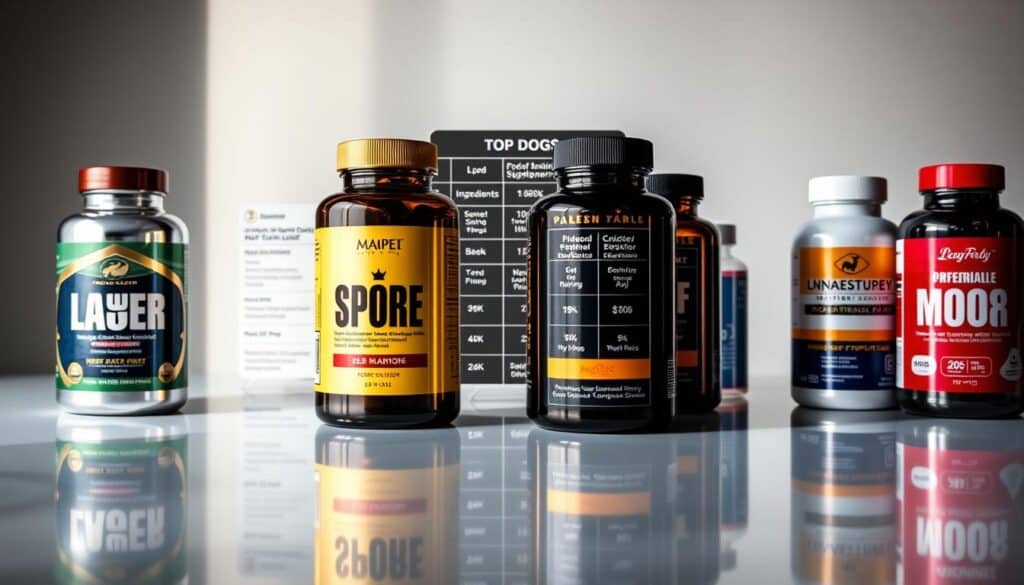
Honest Paws: Quality and Traceability
This brand sets itself apart with organic pumpkin fiber and 5 billion CFUs per serving. Their formula includes Solarplast®—a spinach-derived antioxidant that protects beneficial bacteria during digestion. Every batch undergoes third-party testing for heavy metals and microbial contaminants.
Customers praise its unflavored powder for blending seamlessly into food. One review states: “Our rescue pup’s chronic gas vanished within 10 days.” Veterinarians appreciate the clear labeling of ingredients like inulin and dried kelp.
Highlights from Other Leading Products
Zesty Paws Probiotic Bites use a chicken-flavored chew with 100 million CFUs. Their blend adds digestive enzymes like papain for protein breakdown. Purina Pro Plan Veterinary Diets FortiFlora leads in strain specificity with Enterococcus faecium SF68—a vet-approved option for post-antibiotic care.
| Brand | Key Feature | CFU Count |
|---|---|---|
| Honest Paws | USDA Organic certified | 5 billion/serving |
| Zesty Paws | Digestive enzyme blend | 100 million/chew |
| Purina FortiFlora | Targeted strain formula | 1 billion/packet |
While Honest Paws excels in ingredients transparency, Purina’s single-strain approach works better for sensitive dogs. Zesty Paws’ chewable format appeals to picky eaters. All three support digestive health, but traceability makes one stand out for overall health-conscious owners.
Conclusion
A thriving microbiome does more than support digestion—it’s the foundation of a dog’s vitality and overall health. Supplements designed to nurture this balance enhance nutrient absorption, reduce itching, and strengthen the immune system. Pet parents often notice softer stools and calmer stomachs within weeks.
Choosing gut-supporting formulas requires attention to strain diversity and third-party testing. Brands like Honest Paws demonstrate how transparency in science-backed ingredients leads to visible results. Veterinarians emphasize matching products to individual needs, whether addressing seasonal allergies or chronic discomfort.
A balanced digestive tract translates to brighter eyes, shinier coats, and playful energy. These changes reflect deeper wellness—fewer infections, efficient metabolism, and resilience against environmental stressors.
For those considering a switch, start with professional guidance. A quick chat with your vet can pinpoint the ideal supplement for your pet’s unique biology. Small steps toward gut health often lead to big leaps in quality of life and long-term wellness.
FAQ
What’s the difference between prebiotics and probiotics?
Prebiotics are fibers that feed beneficial bacteria in a dog’s gut, while probiotics are live microorganisms that directly add to the population of healthy bacteria. Together, they support a balanced gut microbiome and improve nutrient absorption.
How do these supplements boost a dog’s immune system?
A healthy gut plays a critical role in immune function. Probiotics help regulate immune responses, while prebiotics promote the growth of good bacteria. This synergy reduces inflammation and strengthens defenses against pathogens.
What should pet parents look for in a quality supplement?
Key factors include strain diversity (like Lactobacillus or Bifidobacterium), CFU count (colony-forming units), and added digestive enzymes. Products with certifications from NSF or NASC ensure safety and ingredient transparency.
Are there risks to giving dogs prebiotics or probiotics?
Most dogs tolerate them well, but introducing too quickly may cause mild gas or bloating. Always consult a vet first, especially for pets with chronic conditions or weakened immune systems.
Why do some products include digestive enzymes?
Enzymes like amylase or protease break down food, easing the workload on the gut. When paired with probiotics, they enhance nutrient uptake and reduce digestive strain, ideal for dogs with sensitive stomachs.
How do brands like Honest Paws ensure product quality?
Honest Paws uses human-grade ingredients, third-party testing, and clear labeling. Their formulas often include postbiotics for added gut support, making them a vet-recommended choice for long-term digestive health.
Can these supplements help with allergies or skin issues?
Yes! A balanced gut microbiome reduces systemic inflammation linked to itching or skin irritation. Many pet parents notice fewer allergy symptoms and healthier coats after consistent use.
How long does it take to see results?
Effects vary, but improvements in stool quality or energy levels may appear within 2–4 weeks. For chronic issues, a 6–8 week trial is often recommended to assess full benefits.










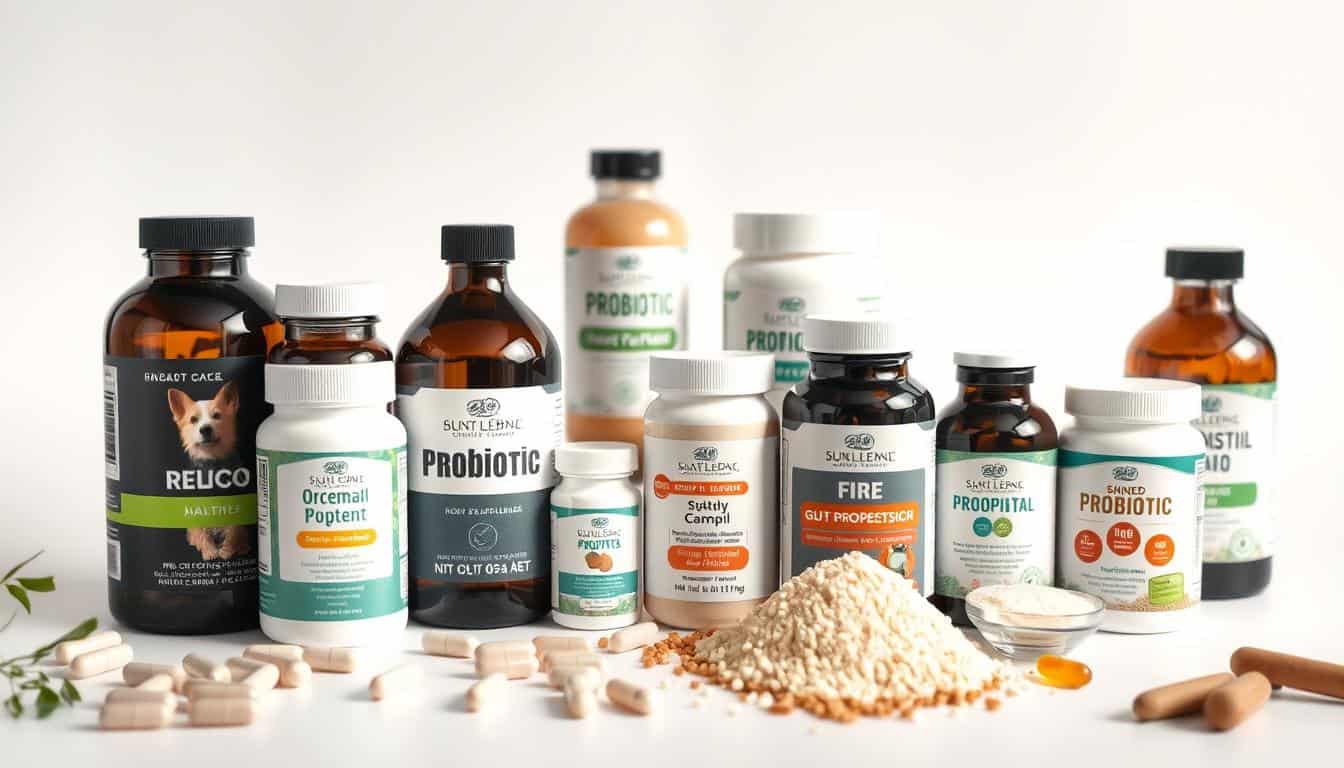
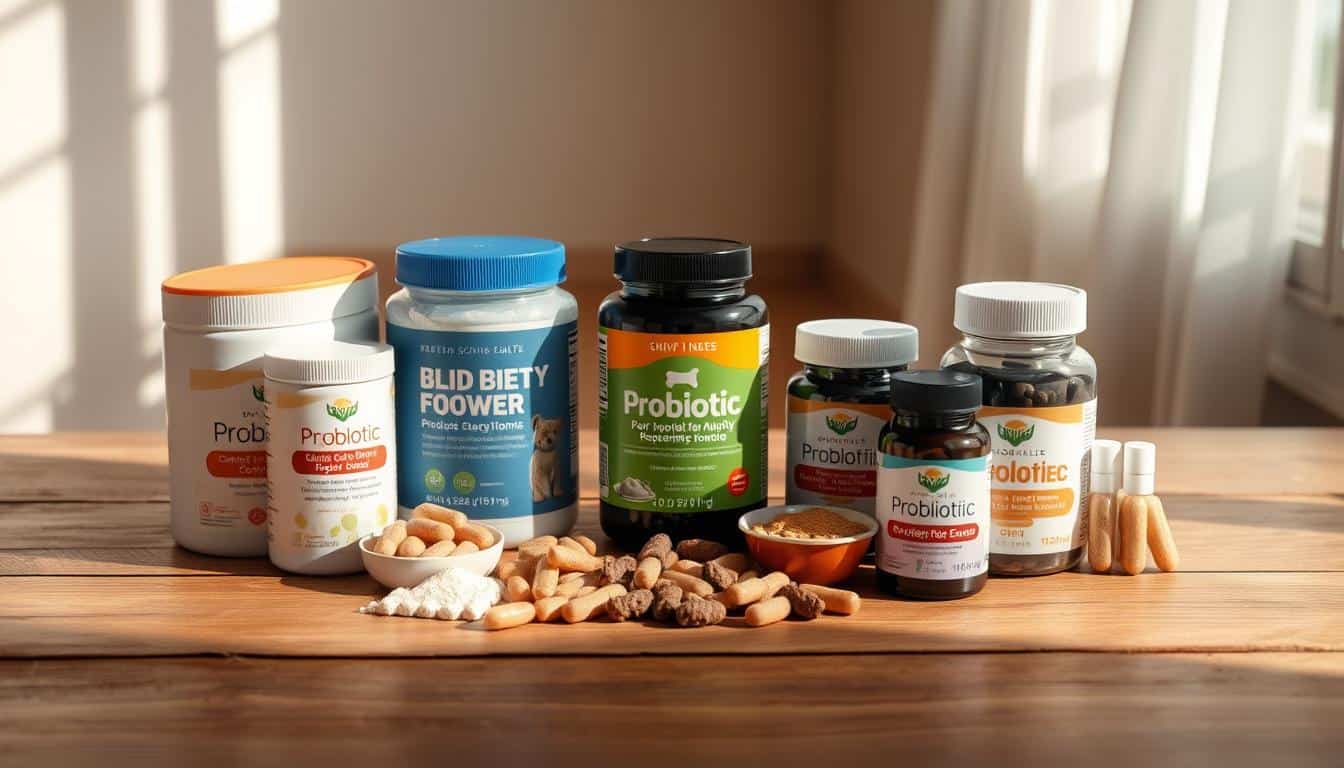

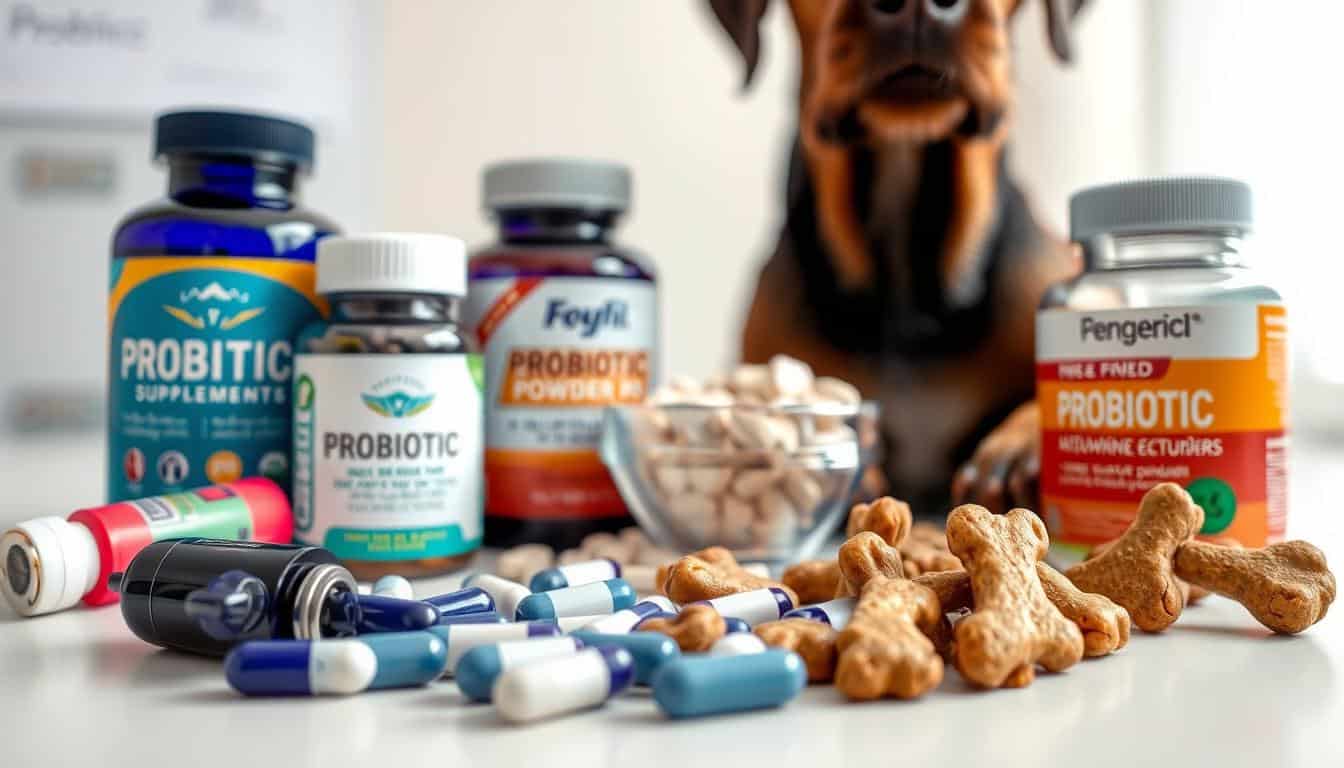
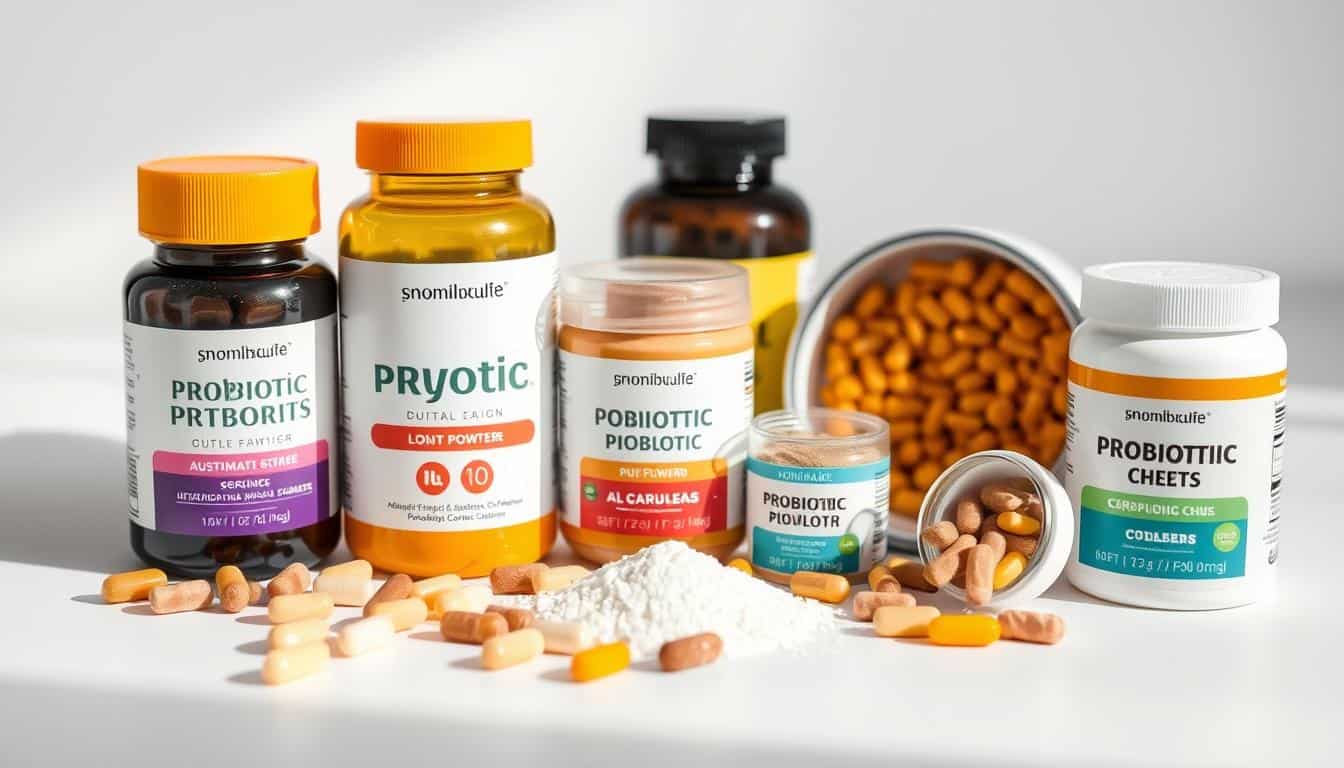
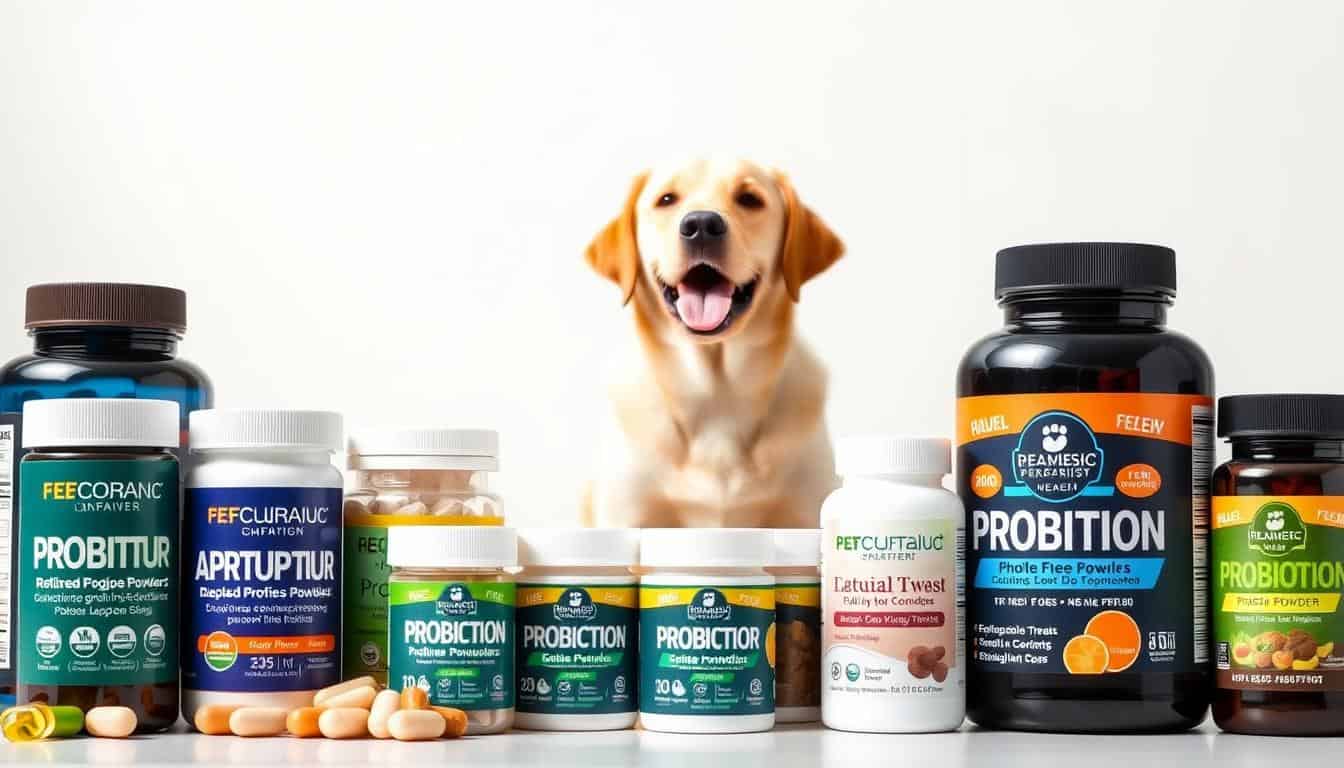
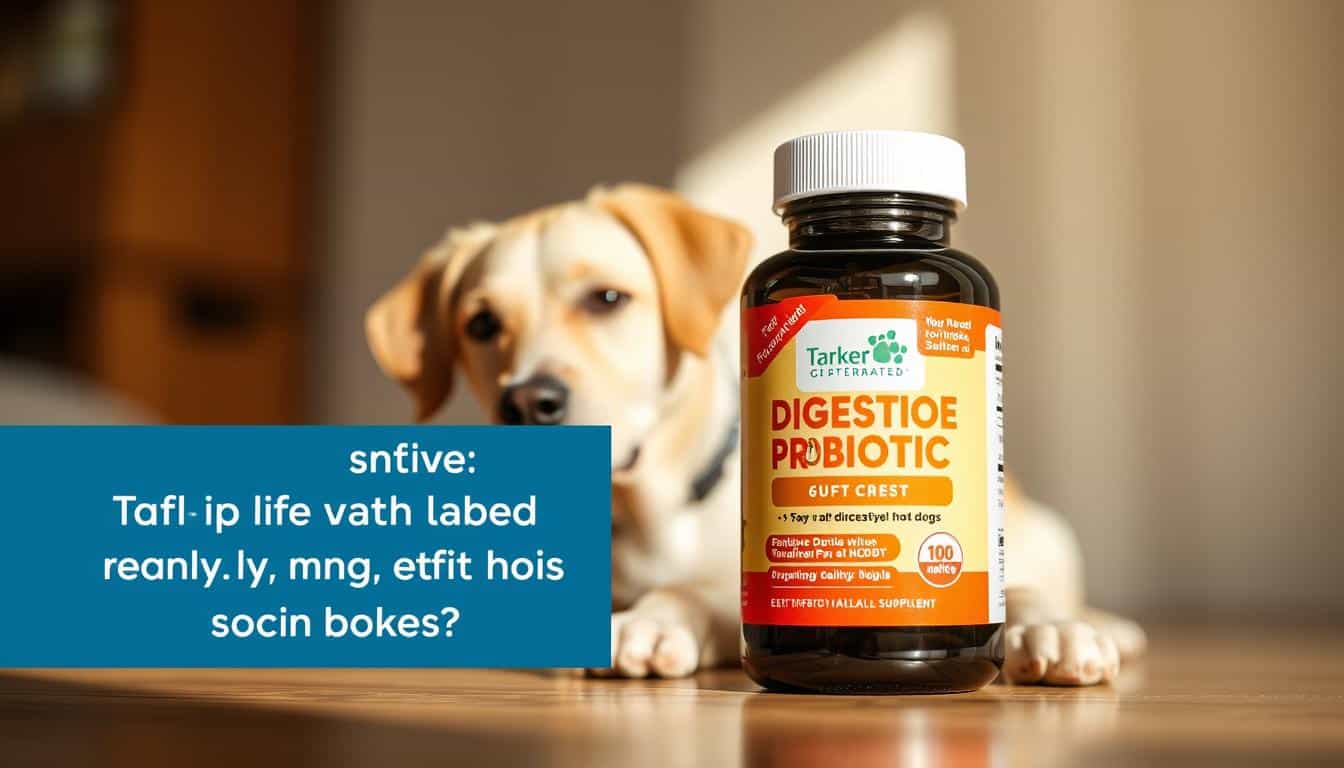
6f40mn
Launch into the breathtaking realm of EVE Online. Test your limits today. Conquer alongside millions of players worldwide. [url=https://www.eveonline.com/signup?invc=46758c20-63e3-4816-aa0e-f91cff26ade4]Begin your journey[/url]
Embark into the breathtaking sandbox of EVE Online. Start your journey today. Fight alongside hundreds of thousands of pilots worldwide. [url=https://www.eveonline.com/signup?invc=46758c20-63e3-4816-aa0e-f91cff26ade4]Play for free[/url]
riviera casino las vegas
References:
https://images.google.com.ly/url?q=https://md.un-hack-bar.de/ZqFnrN_6Tz67aJ2mv-nptA/
Alright, gonna try out gbetmax sometime, things seem pretty decent here. Check it out gbetmax